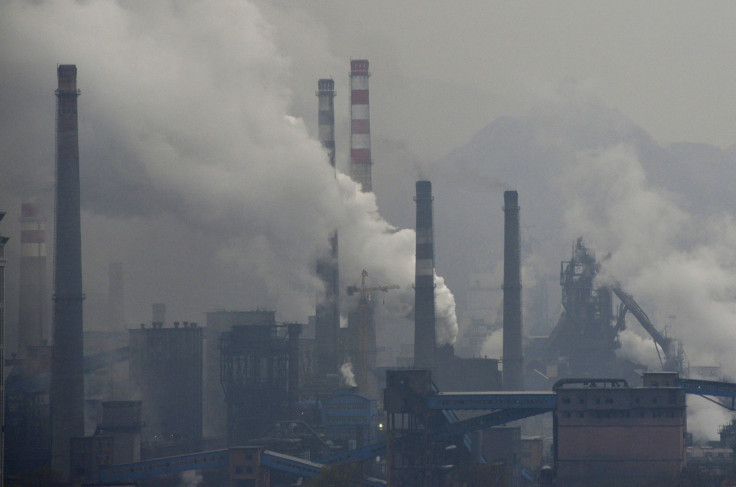China: Thousands protest against coal-fired power plant in Heyuan

Indicating rising public awareness on pollution, around 10,000 Chinese residents of Heyuan in northeastern Guangdong took to the streets on Sunday (12 April) to protest against a coal-fired power plant in the region.
The protest was peaceful barring minor scuffles between the crowds and special police force.
Incidence of smog in Heyuan city has been on the rise since the existing power plant began operations in 2008, according to the demonstrators.
Residents had collected more than 10,000 signatures in March on a petition opposing the plant's expansion, reported Xinhua.
The demonstrators gathered outside city government offices early on Sunday wearing surgical masks and stickers denouncing the plant. It continued into the late hours of the day with the crowds spilling into the streets.
The crowd marched through the downtown area, chanting "Give me back my blue sky" and "Go away power plant". Some signs read: "Stop feeding people with smog".
"This is not just a small fraction of people with an ulterior motive but a concrete outpouring of public opinion from the entire Heyuan public. From babies to the elderly, everyone is appealing to our government to stop polluting our sky," a woman protester said.
The city has a coal-fired plant supplying electricity. Conflicting reports spoke of expanding the existing plant and establishing a new one.
The new plant to be set up by Shenzhen Energy will generate 11 billion kWh annually, says the South China Morning Post. Xinhua reports suggested expansion of the existing plant.
Huang Jianzhong, the deputy party secretary of Heyuan, told the protestors that the project was only in the preliminary study stage.
Taking action
China has begun to take note of the pollution of its air and water since it began pursuing an aggressive growth strategy.
Official data notes that only eight of the 74 cities monitored by the Ministry of Environmental Protection met state air quality standards last year.
The Chinese government has since declared a war on pollution by enforcing stricter emissions and energy use standards on its industry and automobile industry.
There are plans to cut the energy intensity of its economy, which is expected to grow at its lowest rate in 25 years. The government will implement policies aimed at reducing coal consumption and controlling energy-intensive projects.
There is also a growing movement of non-governmental environmental organisations and activists in China today, as witnessed in the hugely popular documentary by Chai Jing titled "Under the dome" which has been appreciated not only by citizens but also government departments.
© Copyright IBTimes 2025. All rights reserved.





















